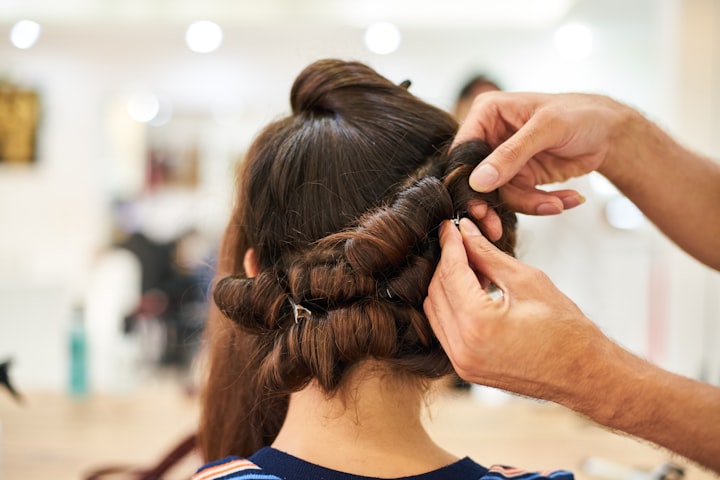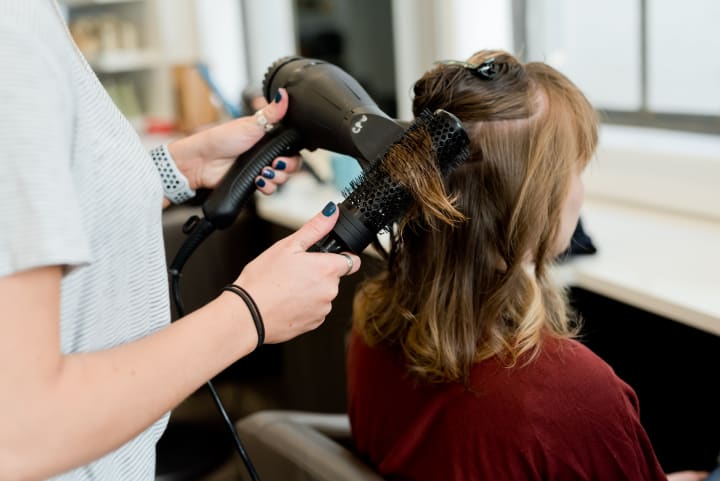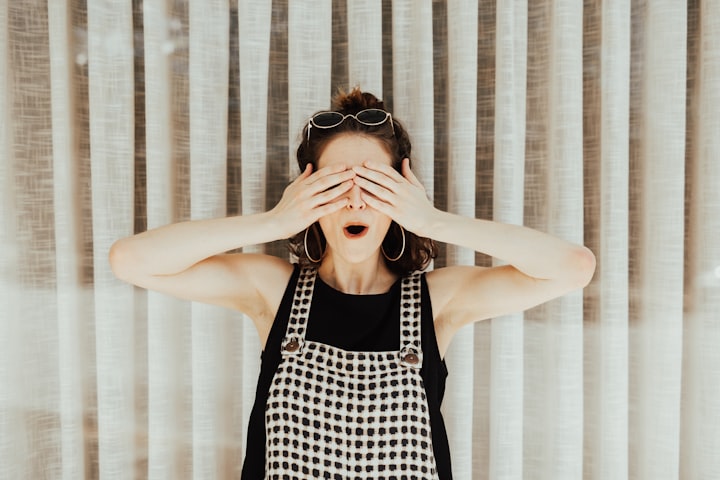
As the saying goes, everyone has a love of beauty. Every holiday season, an essential activity for many people is to dye their hair.
What could gray-brown, flaxen, peach gold ...... color to be cool, modeling to be hip, the long-lasting degree to be good. There is also a part of people who, because of the gradual gray hair, want to return to a full head of black hair, hair dye has become their first choice.
Hair dye, good-looking is good-looking, but there are many negative statements on the Internet, carcinogenic, hair loss ...... that hair dye in the end will not cause cancer? Plant hair dyes are safer? What groups of people are not suitable for hair dyeing?
Don't neglect your health while being beautiful, take a look at these issues ......

1
Can hair dye cause cancer?
At present, most of the hair dyes used in the market are chemical hair dyes, and very few of them are plant hair dyes.
Compared to chemical hair dyes, plant hair dyes are safer and their main ingredients are natural products.
Chemical hair dyes contain a chemical - p-phenylenediamine, which is a dye intermediate and also the active ingredient of chemical hair dyes. Exposure to a large amount of p-phenylenediamine in a short period may lead to symptoms of acute poisoning. However, the content of p-phenylenediamine in our hair dyes is generally required to be controlled at 2%-6%, so acute poisoning is not likely to occur when dyeing hair.
According to the list of carcinogens published by the International Agency for Research on Cancer of the World Health Organization in 2017, p-phenylenediamine belongs to category 3 carcinogens, which means that long-term exposure can cause cancer risk.
In other words, there is a certain risk of cancer from long-term excessive exposure to hair dyes containing p-phenylenediamine. It does not mean, however, that the occasional use of hair dyes containing p-phenylenediamine is necessarily carcinogenic.
Paraphenylenediamine is a strong allergenic substance, and it is unavoidable that some hair dye will come into contact with the scalp during the process of hair coloring. Allergic manifestations mainly include redness of the skin, rash, yellow water, and swollen eyelids.
Therefore, occasional hair dyeing does not cause cancer, but people with sensitive scalp and skin may have an allergy when dyeing hair.
2
Can hair dyeing cause hair loss?
As the pace of people's lives becomes faster, hair loss has become a potential health risk.
I believe many people will have the same question: Is hair loss also related to hair dyeing?
The answer is yes, hair coloring does increase the risk of hair loss.
Since the chemicals in hair dye are highly irritating, frequent hair dyeing may lead to inflammatory reactions in the scalp and hair follicles, leading to shrinkage of the hair follicles over time, which increases the risk of hair loss as the hair turns from thick to thin.
In addition, frequent exposure to high temperatures when dyeing hair can easily lead to an imbalance of moisture in the hair, and frequent hair dyeing may seriously affect hair quality, such as dryness, ease to break, etc.
3
What are the health risks of frequent hair coloring?
Generally speaking, the greater the concentration of chemicals in hair dyes, the greater the harm to hair and body, and when hair dyes are more permanent, the more concentrated chemicals are added.
In other words, when permanent hair dyes are used, they are the most harmful to your hair and body.
When permanent hair dyes are used, the chemicals damage the cuticle of our hair, which is the natural protective layer of hair, and damage to it can be very damaging to our hair.
In addition to being potentially carcinogenic and strongly allergenic, the benzene organics in hair dyes can enter the body through the scalp and cause damage to hematopoietic stem cells, which may induce blood system disorders.
In addition, the metal substances in hair dyes are also absorbed by the scalp and enter the body, thus causing damage to human organs.
Therefore, long-term and frequent exposure to hair dyes can cause greater harm to the body.
Likewise, some auxiliary hair-dyeing chemicals such as hydrogen peroxide and ethanolamine, which are used when dyeing hair, can also cause strong skin irritation.
4
Who are the people who are not suitable for hair coloring?
People with sensitive scalp and skin
The p-phenylenediamine in hair dye is a strong allergenic substance that may cause itching, allergy, and even dermatitis and blistering of the skin.
People with damaged skin
People with damaged skin, such as those with eczema, ulcers, and broken skin, should not dye their hair as the chemicals in hair dye can enter the skin from the wound and cause skin irritation.
Pregnant women and nursing mothers
Pregnant and lactating women are not recommended to dye their hair because, firstly, women's sensitivity increases during pregnancy, and the chance of hair dye allergy increases; secondly, during breastfeeding, the chemical substances in hair dye will enter the body and through breast milk may lead to the accumulation of harmful substances in the fetus and child, which will affect health.
The elderly and people with poor liver and kidney
These people have a weaker ability to detoxify themselves, and the chemicals that enter their bodies are not easily metabolized, which increases the risk of inducing diseases.
5
How to dye your hair healthily?
Reduce the frequency of hair dyeing
1-2 times a year at most, with an interval of at least three months.
Try to go to regular stores for hair coloring
Always choose a regular licensed establishment for hair dyeing.
When dyeing your hair at home, try to choose regular hair dyes with low paraphenylenediamine content, and always wear gloves during the process to prevent direct contact between the dye and your skin.
Avoid using multiple brands of hair dyes at the same time
Do not use different brands of hair dyes at the same time to avoid possible chemical reactions.
Special groups should not dye their hair
People with sensitive scalps should not dye their hair, and they should not dye their hair if they have wounds on their scalp or suffer from dermatitis.
Keep your scalp and hair clean
After permanent hair coloring, make sure to clean your hair and scalp in time to prevent harmful substances in the hair dye from entering your body through your scalp.
Try to choose a low concentration of hair dye
Try to choose temporary and semi-permanent hair dyes that last for a shorter period to reduce the concentration of chemicals in hair dyes that you are exposed to.
Try not to wash your hair two days before dyeing to allow the hair to secrete oil and form a natural protective film to protect the hair follicles.






Comments
There are no comments for this story
Be the first to respond and start the conversation.